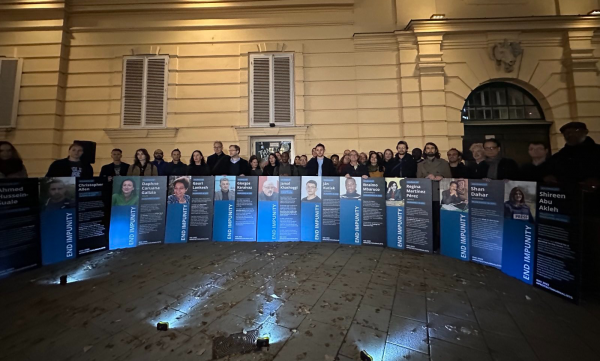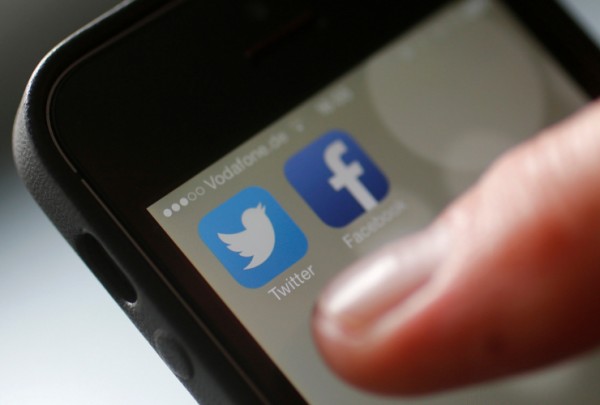A disturbing article in the New York Times today chronicles the Syrian government’s crackdown on social media to stifle protest and destabilize the revolutionaries. As the article points out, since journalists are prohibited from entering the country, social media channels like Twitter, Facebook and YouTube have become essential, not only to spread information outside the country, but also as a means for people within the country to communicate with each other.
Hundreds of Facebook pages and Twitter accounts have been set up to publicise the protests in Syria. In the past few weeks, however, the government has been using increasingly sophisticated tools to interrupt these channels.
Boston-based Syrian blogger Anas Qtiesh wrote on his blog on 18 April that the Twitter hash tag #Syria had recently been flooded by random pictures and videos, ostensibly with the aim of drowning out the protesters with digital white noise. Qtiesh, who writes for online community Global Voices, alleged that Bahrain-based company Eghna was responsible for many of these Twitter feeds, an allegation that the company vehemently denies.
Following complaints by Global Voices, Twitter refused to ban the accounts, but excluded them from displaying on the Syria hash tag. Journalist Jillian C. York, writing for the Independent, wrote about “a cabal of pro-regime accounts, set up recently for the sole purpose of flooding the #Syria hashtag and overwhelming the pro-revolution narrative.”
Qtiesh wrote “These accounts were believed to be manned by Syrian mokhabarat (intelligence) agents with poor command of both written Arabic and English, and an endless arsenal of bite and insults.”
This kind of “signal jamming” is not the only tool in the pro-regime arsenal. The New York Times article relates the story of a person (who asked not to be named for his safety) who spent two weeks in jail, ostensibly for content posted on his Facebook page. When he was released from prison he found his Facebook page flooded with pro-regime messages.
The protesters are finding ways to fight back, according to the New York Times source. Facebook profiles are often created in false names, and passwords shared among several people, to ensure access to the accounts.
“There is a war itself going on in cyberspace,” says Wissam Tarif, head of the Middle East human rights organization Insan, whose Web site has been attacked, in the Washington Post.
In Egypt the government countered by shutting down the country’s internet. In Syria, the approach has been more strategic. The lifting of a four-year ban on Facebook in February was portrayed as a sign of increasing openness. However, many activists believe that this may have been a way for the regime to track revolutionary activity. Syria has also reportedly been shutting down electricity in neighbourhoods with high revolutionary activity.
The detention of Al-Jazeera reporter Dorothy Parvaz was the most recent in a series of attacks on journalists as unrest against President Bashar al-Assad continues in Syria. She was arrested on 29 April in Damascus and was kept incommunicado until her official release by the Iranian authorities on 18 May. According to Syrian officials, Parvaz was deported to Iran on 1 May after she was denied permission to enter the country.
Journalists in Syria have been targeted for over two months now, CPJ reported, stating that security officials are holding at least five local and foreign journalists. No death cases have been recorded so far, IPI reports show.
In the absence of traditional news, citizens take to the Internet to receive and transmit information. Governments are increasingly learning that wars must be fought not only in real time, but also on the cyber stage, and that online censorship is a powerful weapon.


